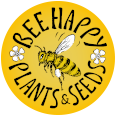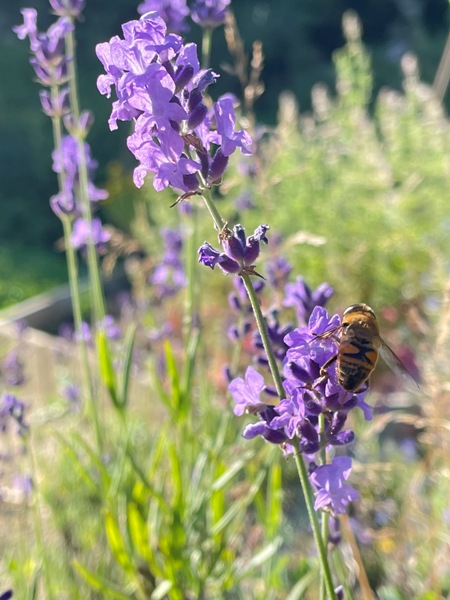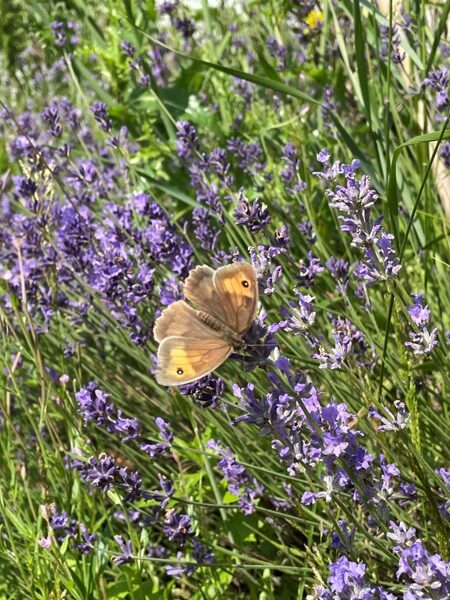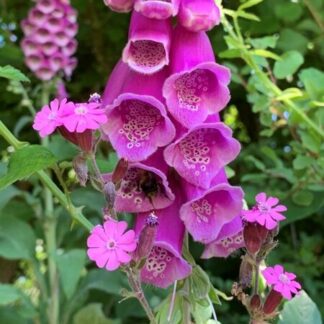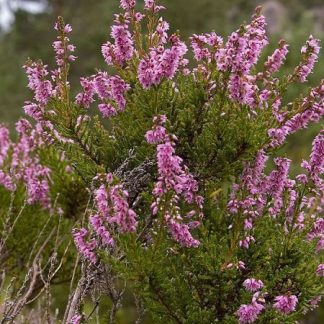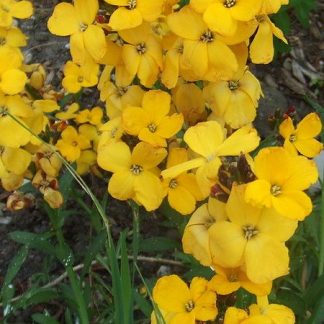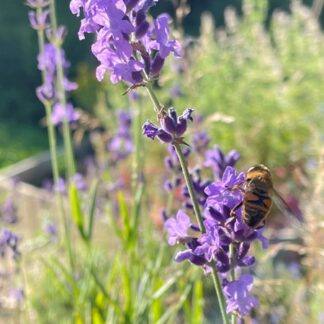Description
Lamiaceae (family name)
Forage for Pollinators: This is a major forage plant, producing abundant Nectar for Long and Short-tongued Bumblebees, Honeybees (even in the UK where this can be grown field-scale), also Solitary bees, Buterflies and Moths. The flowers are pollinated by Bees and Butterflies.
Flowering time: June, July, August.
Growing information: EVERGREEN SHRUB (original species said to have been brought to the UK by the Romans) grows to 1.2 m (4ft) by 1 m (3ft 3in). Prefers well-drained light or chalky soil in full sun. Hardy to minus 28ºC. Producing blue, sweetly aromatic flowers. Its essential oil may assist bees in ridding themselves of Varroa mites (the mites appear to hate the smell of Lavender). For planting a hedge (which attracts bees in droves), we recommend a planting distance of 18-24inches (46-60cm). Medicinally the oil of this wild species is used for anti-depressant and relaxing properties and is prized by people around the world, over and above other Lavender oils produced elsewhere (this may be something to do with growing in a cooler climate). This species produces viable seed (unlike other Lavenders many of which are hybrid clones which do not produce seed at all; a prime example is Lavendular x intermedia, however this is extremely attractive to all bees producing copious nectar, and must produce more than the wild species of either L.angustifolia or L.latifolia judging by anecdotal evidence of the number of bees seen foraging on Lavenders)
